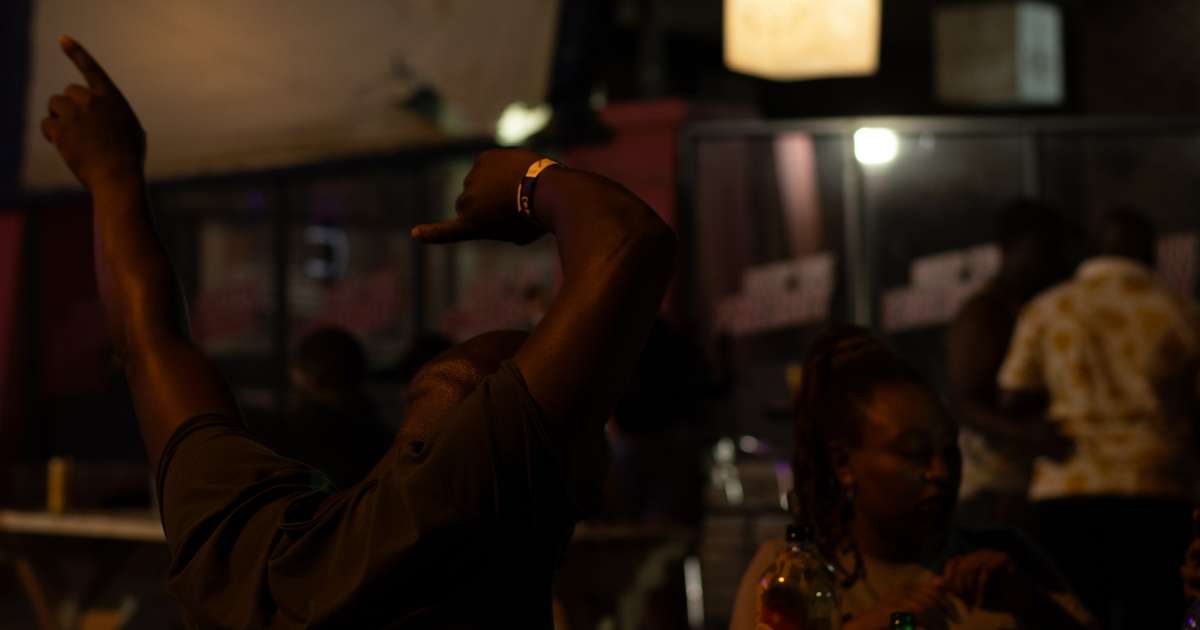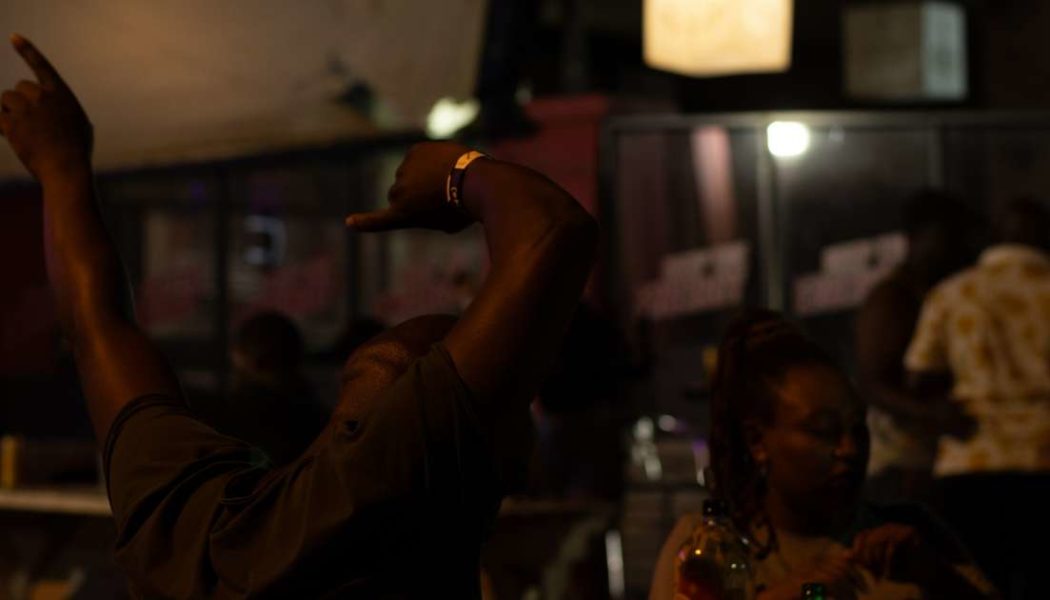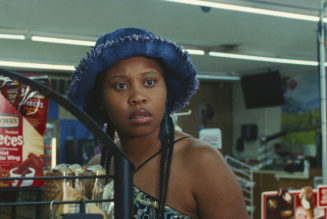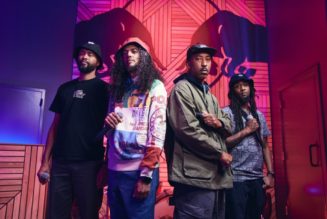
Sonically, AfroTech is connected to Afro, Tribal and Ancestral house. Its base rhythms are constant, unrelenting, entrancing even — pulsating as though they were being beaten from a rawhide drum, wrung from steel or shaken from grain and stones. “The rhythm of it is particularly African,” says DJ and producer DESIREE, “this is brought about by the percussive elements; there are a lot of djembe drums, congas, different instruments that you would find in traditional African music, that are infused with electronic or synthetic music.”
Layers upon layers of intricate electronic melodies build on the base rhythms in short, recurring and progressive patterns, creating tight aural weaves. Together, the rhythms, harmonies and synths summon a creative tension into existence that transports the listener. “It’s music that takes you to a different space,” radio host, producer and DJ Supta says, “it literally takes you out of yourself.”
AfroTech evolving from Tribal house rings truest for DJ and promoter Perfecto Mlu. He says that “the Tribal [house] music scene became a window into making AfroTech what it is now. Tribal was something that we resonated with quite organically. It’s drum sounds that had been embedded in us forever.” This perspective influences Perfecto’s sets and helps to determine the artists he books for the Key Music events he runs. Perfecto says that AfroTech borrows from techno, drops the BPM and adds elements that give it an African groove sensibility.
Afro house wunderkind Enoo Napa calls it “journey music”, eschewing the term “AfroTech” altogether in favour of a longer, historical view of dance music innovation in South Africa. “For me, it’s always been Afro house, which stems from deep house. People keep giving the music different names, I don’t know to fit what agenda.” He acknowledges that to grow an audience for the current style of music he makes and plays, the term “AfroTech” sets the parameters of a particular sound, its artists and community. “But it does also take away from what already exists and wasn’t really given a chance to breathe, simmer, and let people take it for what it is,” he argues. “Just because we’ve added a new element to something, doesn’t mean that what was shouldn’t be anymore.”
A recurring theme of what makes South Africa unique in global dance music is the intermittently shifting line in the sand delineating innovation from invention in the country. Amapiano, South Africa’s biggest popular culture export this decade, does both. Amapiano music melds the influences of music styles historically popular in South Africa like deep house, Gospel, Kwaito, diBacardi and others; it has also been sonically groundbreaking, innovating the use of the log drum, for example.
AfroTech is similar. It has a symbiotic relationship with older styles of dance music made and popularised in South Africa. Afro house and AfroTech have been mutually benefitial to each other, both contributing to and advancing from the dance music renaissance taking shape in South Africa. There has been more Afro house playlisting on the country’s bigget radio stations, most of which are native language stations that have both rural and urban listenerships. AfroTech gained a presence on terrestrial and satellite television during the COVID lockdowns and its growing circuit of dedicated AfroTech events thereafter has ensured that dance music punters have more choice in the types of events they attend.









